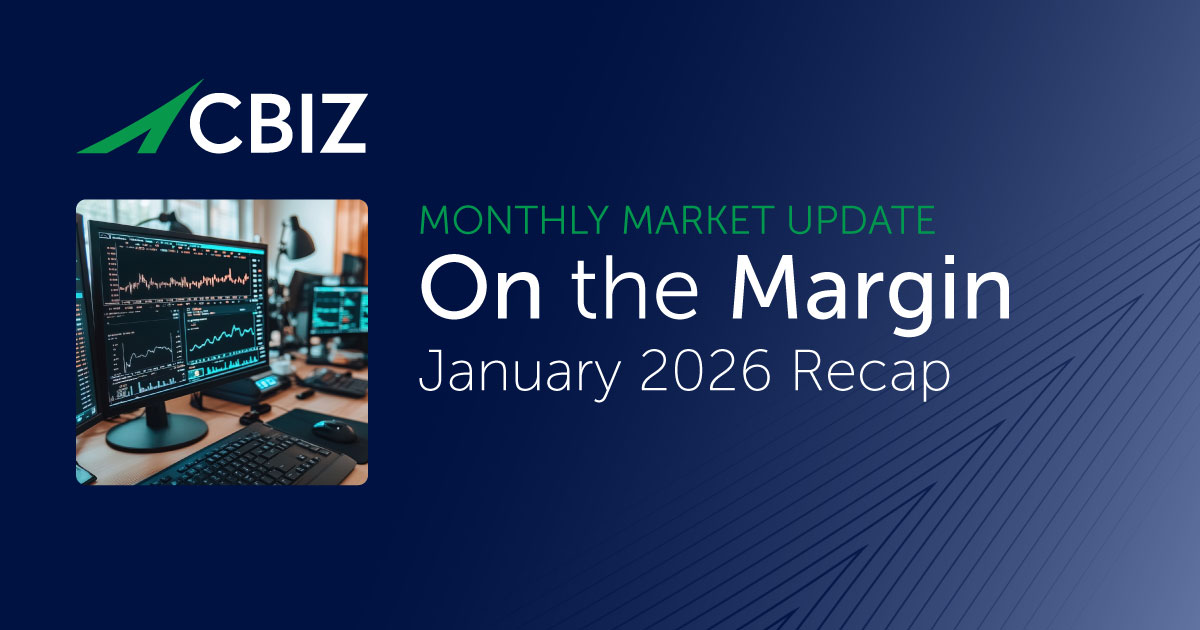Life expectancy continues to increase, and to meet the needs of these longer life spans, the rules for Required Minimum Distributions (RMD) from Individual Retirement Accounts (IRAs) have once again changed. RMDs are mandatory withdrawals that must be taken by the account holder beginning on a specified date according to age.
The Consolidated Appropriations Act of 2023 extends the starting age for RMDs to 73, for those who turn 72 after December 31, 2022. Under the new rules, someone who turns 72 in 2023 and was expecting to take their RMD this year is now not required to make the withdrawal until the 2024 tax year (no later than April 1, 2025).
Further, new rules under the SECURE Act changed the required beginning withdrawal age to age 75 for someone who turns 74 in 2033 or later.
There are several important considerations when planning for RMD adjustments:
- The longer funds stay in an IRA, the larger the tax-free growth potential.
- IRA funds must be distributed timely to avoid the 50% excise tax penalty for failure to do so.
- The amount of the RMD is determined by the account balance at the end of the year and the account holder’s life expectancy.
- Taking RMDs later could hurt some taxpayers.
While the higher RMD age provides retirees more flexibility and time for tax-free growth, this may not be the right tax strategy for everyone. Retirees could be forced to take larger RMDs later that may cause adverse taxation results.
For additional information on RMDs and appropriate tax planning for your lifestyle, contact your local CBIZ tax professional.
© Copyright CBIZ, Inc. All rights reserved. Use of the material contained herein without the express written consent of the firms is prohibited by law. This publication is distributed with the understanding that CBIZ is not rendering legal, accounting or other professional advice. The reader is advised to contact a tax professional prior to taking any action based upon this information. CBIZ assumes no liability whatsoever in connection with the use of this information and assumes no obligation to inform the reader of any changes in tax laws or other factors that could affect the information contained herein. Material contained in this publication is informational and promotional in nature and not intended to be specific financial, tax or consulting advice. Readers are advised to seek professional consultation regarding circumstances affecting their organization.
“CBIZ” is the brand name under which CBIZ CPAs P.C. and CBIZ, Inc. and its subsidiaries, including CBIZ Advisors, LLC, provide professional services. CBIZ CPAs P.C. and CBIZ, Inc. (and its subsidiaries) practice as an alternative practice structure in accordance with the AICPA Code of Professional Conduct and applicable law, regulations, and professional standards. CBIZ CPAs P.C. is a licensed independent CPA firm that provides attest services to its clients. CBIZ, Inc. and its subsidiary entities provide tax, advisory, and consulting services to their clients. CBIZ, Inc. and its subsidiary entities are not licensed CPA firms and, therefore, cannot provide attest services.















